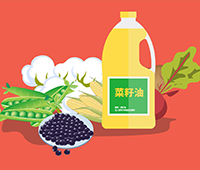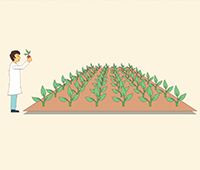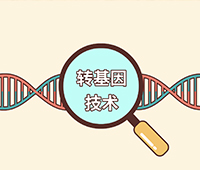据了解,这种食品酶是由转基因地衣芽孢杆菌菌株NZYM-DI生产的,旨在用于脂肪和油的脱胶。
经过评估,专家小组认为,在预期的使用条件下,不能排除饮食暴露引起过敏和诱发反应的风险,但这种情况发生的可能性很低。根据所提供的数据,评估小组得出结论,这种食品酶在预期使用条件下不会引起安全问题。部分原文报道如下:
The food enzyme phosphoinositide phospholipase C (1-phosphatidyl-1D-myo-inositol-4,5-bisphosphate inositoltrisphosphohydrolase, EC 3.1.4.11) is produced with the genetically modified Bacillus licheniformis strain NZYM-DI by Novozymes A/S. The genetic modifications did not give rise to safety concerns. The production strain has been shown to qualify for the qualified presumption of safety (QPS) status. The food enzyme was co nsidered free from viable cells of the production organism and its DNA. It is intended to be used for degumming of fats and oils. Since residual amounts of total organic solids are removed during washing and purification steps applied during degumming, dietary exposure was not estimated. As the production strain B. licheniformis NZYM-DI qualifies for the QPS approach to safety assessment and no issue of concern arose from the production process, no toxicological data were required. A search for similarity of the amino acid sequence of the food enzyme to known allergens was made and no match was found. The Panel considered that, under the intended conditions of use, the risk of allergic sensitisation and elicitation reactions by dietary exposure could not be excluded, but the likelihood for this to occur was considered low. based on the data provided, the Panel concluded that this food enzyme does not give rise to safety concerns, under the intended conditions of use.
本文由食品伙伴网食品资讯中心编辑,有任何疑问,请联系news@foodmate.net。







